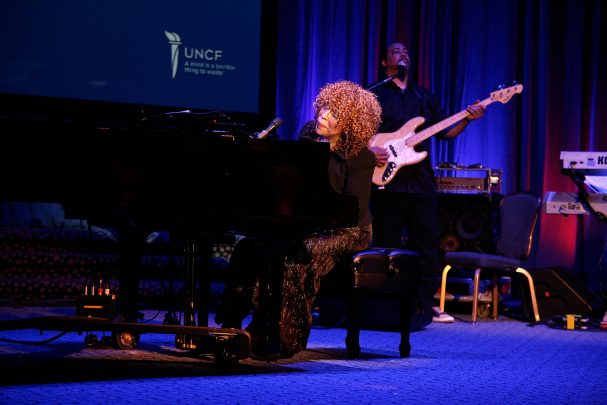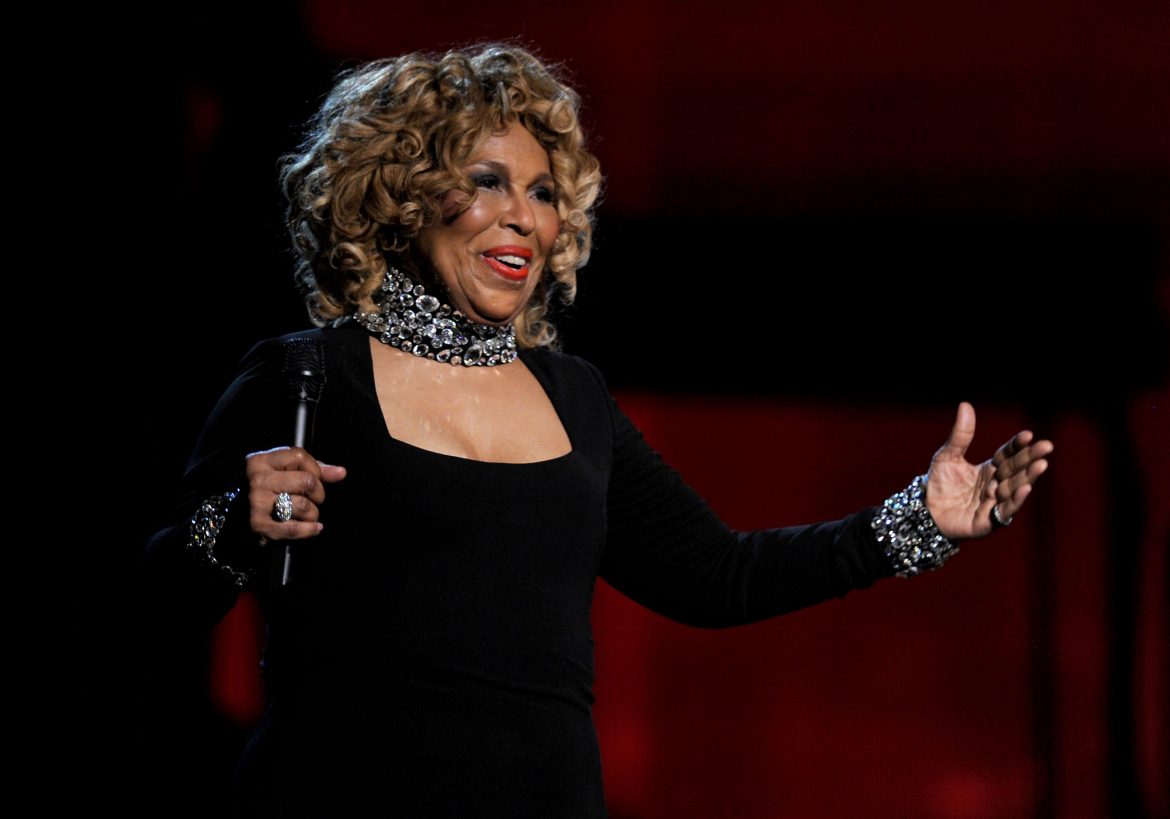Roberta Flack, the legendary singer whose soulful ballads became the soundtrack of the 1970s, has died at the age of 88. Best known for her timeless hits The First Time Ever I Saw Your Face and Killing Me Softly With His Song, Flack’s passing was confirmed by her representatives, who stated that she died peacefully on 24 February 2025, surrounded by family.
ALSO SEE:
Flack had publicly revealed in 2022 that she had been diagnosed with motor neurone disease (ALS), a condition that had taken away her ability to sing. Despite this, her influence on the music industry remained profound, with a legacy that spanned decades and bridged genres.
A life shaped by music
Born Roberta Cleopatra Flack on 10 February 1937 in Black Mountain, North Carolina, she was raised in Arlington, Virginia. A child prodigy, she excelled at piano from an early age, securing a full scholarship to Howard University at just 15 years old. While she originally trained as a classical pianist with aspirations of becoming an opera singer, her love for jazz, soul, and R&B led her down a different path.
As a schoolteacher in Washington, D.C., Flack spent her evenings performing in local clubs, where her distinctive voice captured the attention of jazz musician Les McCann. He later recalled how her voice “touched, tapped, trapped, and kicked every emotion I’ve ever known.” It was this discovery that propelled her into the recording industry.
A meteoric rise
Flack’s breakthrough came with The First Time Ever I Saw Your Face, a track from her 1969 debut album First Take. The song caught the attention of Clint Eastwood, who used it in his 1971 film Play Misty for Me, catapulting her to stardom. The track went on to win the Grammy Award for Record of the Year in 1973.
She repeated this extraordinary feat the following year with Killing Me Softly With His Song, becoming the first artist to win Record of the Year two years. The Fugees later covered The song in 1996, introduced her music to a new generation and topped the charts worldwide.

Photo by Andy Kropa/Getty Images
A trailblazer and collaborator
Flack’s collaborations with Donny Hathaway produced some of her most beloved songs, including Where is the Love and The Closer I Get to You. Her velvety, emotive vocals, paired with Hathaway’s rich harmonies, created magic that resonated with listeners across the globe.
Beyond her commercial success, Flack was known for her meticulous artistry. She described herself as a “soulful singer” who aimed to “sing with all the feeling that I have in my body and my mind.” Her genre-blending style, which she once called “scientific soul,” influenced generations of musicians and helped shape the “quiet storm” era of smooth, sophisticated R&B in the 1980s and 1990s.
More than just music
Flack was a passionate educator and activist, using her platform to champion social causes. A close friend of civil rights leaders such as Reverend Jesse Jackson and Angela Davis, she was never afraid to use her music as a vehicle for change. She performed at the funeral of baseball legend Jackie Robinson and advocated for racial and social justice throughout her career.
In 2006, she established the Roberta Flack School of Music in New York, dedicated to providing underprivileged children with access to music education. Her foundation, launched in 2019, continued to support music initiatives and animal welfare.
A lasting legacy
Flack’s contributions to music were recognised with numerous accolades, including four Grammy Awards and a Lifetime Achievement Award in 2020. Despite suffering a stroke in 2016, she remained a formidable presence in the industry, releasing Let It Be Roberta, an album of Beatles covers, in 2012 and being the subject of the PBS documentary American Masters: Roberta Flack in 2023.
Her music, imbued with depth, emotion, and unparalleled grace, resonates with audiences worldwide. Whether through her timeless recordings or the voices of those she inspired, Roberta Flack’s legacy will endure, ensuring that her voice—so full of love, soul, and storytelling—lives on.
ALSO SEE:
Featured Image: Getty

